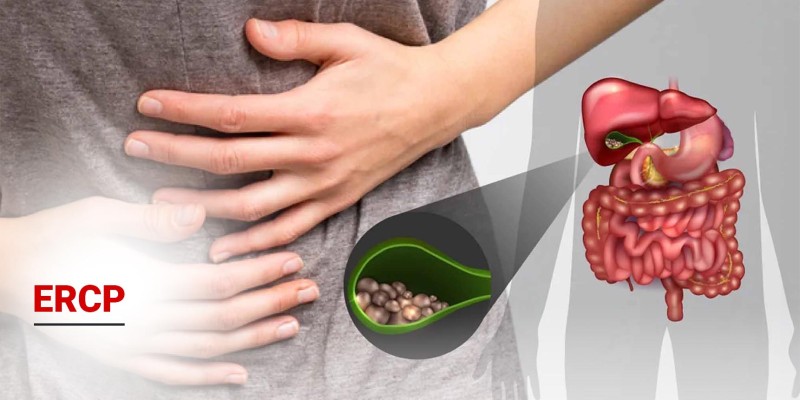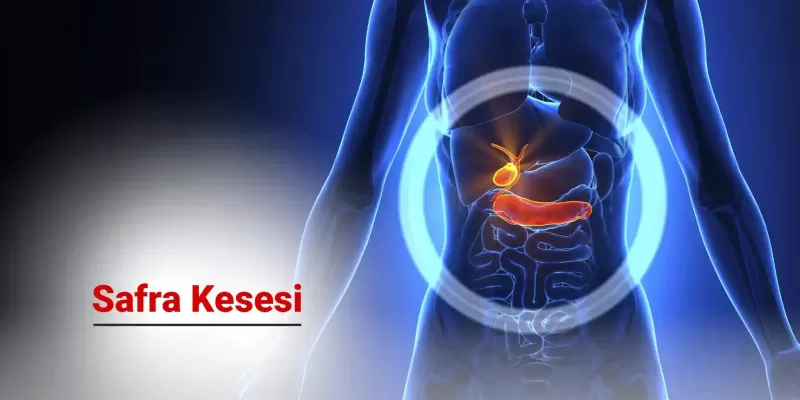
Forgetfulness; It is one of the most complained about and anxiety-provoking situations in our daily lives. Although not all forgetfulness is a sign of disease, if it causes anxiety in the person, the way to solve it is to consult a specialist.
Normal Aging and Dementia: What's the Difference in Forgetfulness?
In normal aging, there may be difficulties in remembering from time to time, but when impairments in memory and other mental abilities become severe enough to affect daily life functions and become permanent and progressive, it is called 'dementia' are it called.
Dementia; It means the progressive deterioration of other cognitive functions along with difficulty in remembering, at a level that affects the patient's daily functions. The most common type of dementia is Alzheimer's disease, which accounts for approximately 50-70% of cases. Other common types of dementia are vascular dementia (25%), Lewy body dementia (15%), and frontotemporal dementia.
What Are Other Medical Causes of Forgetfulness?
Among the most important causes of forgetfulness other than dementia: There are many diseases that break the body's resistance, such as thyroid gland diseases, depression, metabolic disorders, chronic infections, autoimmune diseases, stroke, head traumas and brain tumors.
What are the Treatment Methods for Forgetfulness?
In order to understand the cause of forgetfulness, conducting research and making a diagnosis with the right method is the first step of treatment.
A detailed interview with the person who comes with the complaint of forgetfulness and a careful physical, neurological and psychiatric examination, as well as information provided by family members are extremely important.
Especially in people in the active period, the complaint of forgetfulness can be closely related to attention problems caused by mood and anxiety disorders. The relationship between depression and forgetfulness should be addressed specifically and carefully for both young and old individuals.
Although there are different priorities for each patient, the examinations required by the anamnesis and examination findings must definitely be performed.
What are the Examinations Required by the Anamnesis and Examination Findings?
- ‘Neuropsychological tests’ that evaluate the person’s attention and concentration, short-term and long-term memory, language skills, speed of thought formation, hand-eye coordination, visual skills, planning, decision-making, and abstraction skills,
- Brain computerized tomography (CT) or magnetic resonance imaging (MRI) to ensure that there is no other problem (tumor, bleeding, etc.) that may impair functions in the brain,
- Electroencephalography (EEG) to investigate whether there is a functional problem that may impair attention, concentration, or perception,
- Other factors that may cause forgetfulness, such as thyroid disorders, vitamin deficiencies, metabolic disorders, an underlying chronic infection, and autoimmune diseases, are investigated through a comprehensive laboratory evaluation.
The most important point to keep in mind is that the causes, treatment methods, and responses to treatment of some diseases that have very similar symptoms are very different.
Source
- Reversible Dementias :Milta O Little Review, Clin Geriatr Med:. 2018 Nov;34(4):537-562. doi: 10.1016/j.cger.2018.07.001. Epub 2018 Aug 28. DOI: 10.1016/j.cger.2018.07.001 PMID: 30336987
- Prevalence of potentially reversible conditions in dementia and mild cognitive impairment in a geriatric clinic. Muangpaisan W, Petcharat C, Srinonprasert V.Geriatr Gerontol Int. 2012 Jan;12(1):59-64. doi: 10.1111/j.1447-0594.2011.00728.x. Epub 2011 Jul 27.PMID: 21794050
- [Prevalence of potentially reversible cognitive function disorders in patients of a memory dysfunction clinic]. Sobów T, Wojtera M, Kłoszewska I.Psychiatr Pol. 2006 Sep-Oct;40(5):845-54.PMID: 17217230 Polish.
- Global action plan on the public health response to dementia 2017 - 2025 December 2017
- Risk reduction of cognitive decline and dementia: WHO guidelines ISBN 978-92-4-155054-3 © World Health Organization 2019













